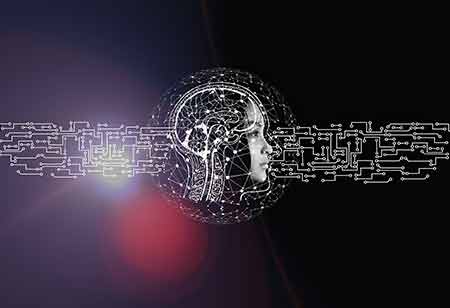THANK YOU FOR SUBSCRIBING
Be first to read the latest tech news, Industry Leader's Insights, and CIO interviews of medium and large enterprises exclusively from Education Technology Insights
Main Areas of Social-Emotional Learning

By
Education Technology Insights | Monday, July 04, 2022
Stay ahead of the industry with exclusive feature stories on the top companies, expert insights and the latest news delivered straight to your inbox. Subscribe today.
Developing self-awareness for student entails introspection and coming to grips with one's identity.
FREMONT, CA: The idea of social-emotional learning is coming under more and more scrutiny. Social-emotional learning, or SEL for short, is crucial to education because it provides a framework for children to gain the skills they need to succeed in school, the workplace, and beyond. The framework aids explicitly in decision-making, connection building, self-control, and self-preservation. Most academic institutions and professors are conscious of their responsibility to support students' personal growth while also assisting them in achieving high academic standing and graduating from school with the most significant credentials available.
Self-awareness
Self-awareness is a crucial competency in social and emotional development. It comprehends one's feelings, ideas, and beliefs and how they affect conduct in various situations. These abilities include the student's capability to learn and name their own emotions, create a realistic self-perception, have faith in their ability to accomplish goals, and understand their areas of strength and weakness. To build self-awareness, students need to consider and analyze their biases and prejudices and establish a mindset that supports ongoing personal development.
Self-management
Self-management is a term that is strongly related to and develops from self-awareness in many aspects. Students for accomplishing personal goals, self-management is the capacity to control one's emotions, thoughts, and behaviors effectively in varied settings. With the ability to make favorable judgments about both themselves and the people around them, students must learn to manage their ideas, behaviors, and emotions. Setting objectives, paying attention, controlling emotions, displaying resilience, and using feedback to advance personally are critical skills related to self-management.
Relationship skills
The ability to establish and sustain positive relationships with other people and develop efficient communication techniques while fending off negative societal influences are all examples of relationship skills. Working well with others to accomplish common aims or objectives is a skill developed. Conflict resolution and cooperative problem-solving are also given a lot of attention since they might help students when required to work in teams or with partners. Establishing leadership abilities is a significant aspect of the social-emotional learning module on interpersonal skills.
Making good decisions
The responsible decision-making component trains students to weigh the advantages and disadvantages of their choices. It also concerns how these abilities are used outside of the classroom. Another crucial part is teaching pupils that sound judgments can result in development and improvement while bad decisions have the reverse impact.







